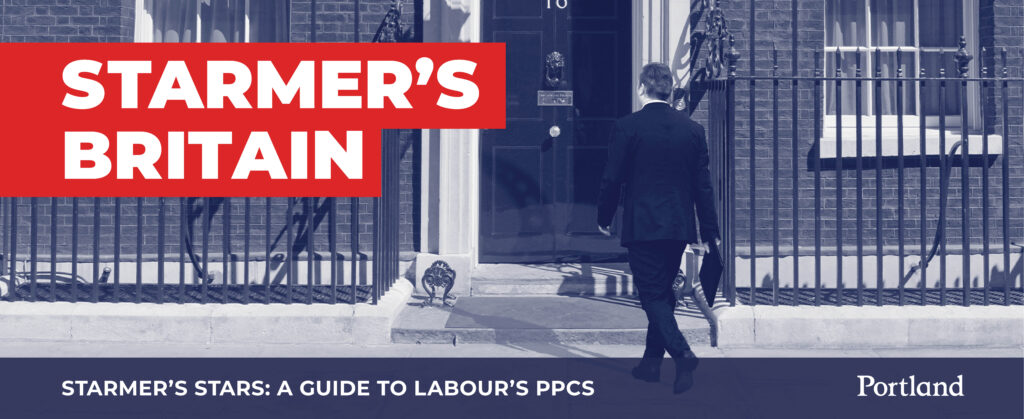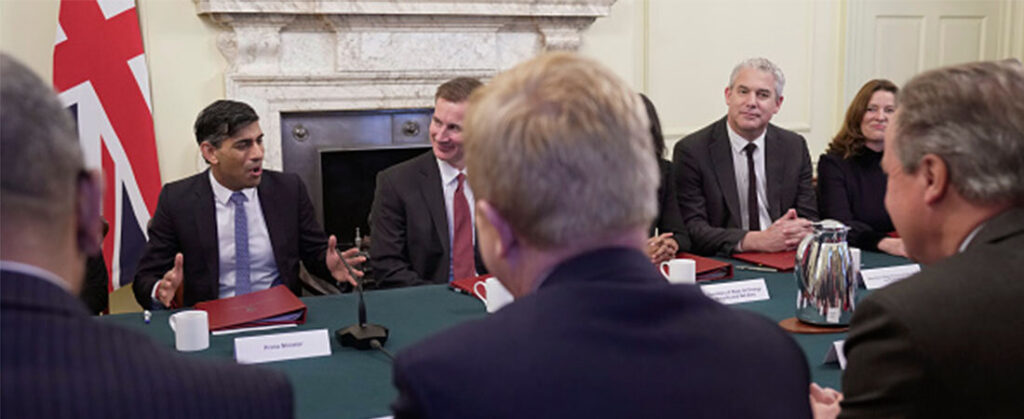Joe Twyman considers Conservative party politics.
As the YouGov pollster in charge of predicting the outcome of the London Mayoral Election, it will perhaps come as no surprise that, for me, the days prior to polling day were, shall we say, rather busy.
Many of you might also appreciate that the days after any such a result are also busy as political parties, candidates, commentators and anyone else with more than a passing interest pores over any data they can get their hands on. They search for explanation, justification and perhaps even a crumb of comfort.
However, what surprised me about the aftermath of this particular election was the frequency with which I was asked the same question again and again: would the Conservative Party be performing better in the national polls if Boris ‘Boris’ Johnson was Prime Minister instead of David ‘Cameron’ Cameron?
‘What do the polls say?’ I would specifically be asked, repeatedly.
What the polls actually say is almost entirely irrelevant as the huge uncertainty of testing a hypothetical candidate’s performance in an election three years away means you rapidly enter the realm of what the great Peter Snow would call ‘just a bit of fun’. And that is the context in which we asked the question. (https://d25d2506sfb94s.cloudfront.net/cumulus_uploads/document/eby0812cu6…)
While it is true that Boris Johnson outperformed his party in the London election, the largely ambassadorial role of London Mayor is a world away from austerity-era Downing Street and the national stage of British politics – a stage on which Boris Johnson has relatively little experience to draw upon.
Far more interesting to me is why this almost fantastical question of leadership was being asked at all.
I believe the answer can be explained, to some degree at least, by looking back to January 2010. Back then, although there was some speculation about the precise date of the General Election, everyone knew it was coming. At that time, David Cameron’s Conservative Party enjoyed a 12% lead over the Labour Party led by Gordon Brown. For many Conservatives, a first election victory since 1992 seemed certain. They were going to win.
But it didn’t happen.
By the end of March 2010, the lead was down to 4%, and after the results came in on polling day the Conservatives were left with a 7% lead, but no majority, and only 48 more seats than Labour. They had not won.
And so the inevitable internal post-mortem began. Large numbers of Conservatives believed they should have won. But they didn’t, and the explanation for why they didn’t most often depends on who you speak to and where, within the broad church of the party, they sit.
Generalising (admittedly rather broadly, perhaps even simplistically), you have two sides of the post-mortem debate:
On one side, you have many on the right: ‘Thatcherites’, ‘traditionalists’ and ‘social conservatives’. They feel that the party failed to win because of the reluctance of the leadership to adequately address ‘traditional Conservative’ concerns surrounding such issues as Europe and / or immigration. They believe the party neglected its core vote and suffered as a result.
On the other side, you have many of those more towards the centre: ‘Modernisers’, ‘Cameroons’ and ‘progressives’. They believe the Conservative Party failed to reform itself sufficiently in the eyes of the electorate and so lost the battle to win the hearts and minds of sufficient numbers of moderates.
Both groups continue to have an assortment of commentators, bloggers, and tweeters who can be called on and relied upon to promote their view of 2010 as the orthodoxy and their plans for the future as the solution.
My response to both these groups is that most clichéd of phrases from many a lazily-scripted Hollywood blockbuster: ‘You just don’t get it, do you?’ (https://www.youtube.com/watch?feature=player_embedded&v=rzoPSV4ua94)
In my view both are wrong – and for the same reason. They both think the Conservative party could, and indeed should, have won a majority in 2010. This is a fallacy. It was a very ambitious aim at the time and ultimately became a damaging expectation.
For example, some point to the decline in poll ratings in the run-up to the election as evidence of failure. However, the assumption that a 12% lead could be sustained and delivered at the polls is a largely false one. Only twice in the post-war era has a lead of 12% or more actually been achieved at the ballot box. The first was in 1983, when Margaret Thatcher’s Conservatives, off the back of victory in the Falklands and riding the wave of an economic recovery, went up against Michael Foot’s Labour Party and the ‘longest suicide note in history’. The second was in 1997, when Tony Blair’s New Labour defeated a tired and damaged Conservative Party.
It is also important to remember that leads in the polls, almost without exception, reduce in the run-up to polling day. This is for numerous reasons, some of which are methodological and largely unrelated to actual party performance, but the effect remains the same. In the case of 1997, the Labour lead on polling day was 12.5%, but as recently as December the previous year it had been 37%.
More important to this discussion, however, is the fact that I believe both groups underestimated the task that would be required to deliver a majority. Well in advance of the campaign it was estimated that the Conservatives would need to achieve a national swing of around 6.9% at the election in order to achieve an overall majority.
The Conservative Party has never achieved a swing of that magnitude, with the 1979 figure of 5.3% the party’s best to date. In fact, only once since the war has a swing larger than 1979 been achieved, and that was when the ‘new day’ dawned in 1997. As the eminent psephologist Michael Thrasher asked just prior to the 2010 campaign: ‘Does it feel like 1997?’
In the end the Conservatives achieved a swing of 3.7%: relatively high by historical standards, but predictably well short of what was required.
This Conservative failure to win a majority of the seats was almost a certainty for months prior to the actual election, and I do not believe the situation would have changed, regardless of the approach that was taken.
And yet, more than two years on, the post-mortem and surrounding discussions are still continuing.
However, rather than the narrow distraction of Johnson versus Cameron, a far better question to ask is what will happen at the next election more generally? Should the Conservatives lean more towards the right or the centre? Would another coalition necessarily be a bad thing? All good questions that are being answered and will continue to be answered – but certainly best dealt with outside the context of blame that surrounds the 2010 result.
But for those of you still wondering if Boris would really stand a better chance than David Cameron of winning that election? Nobody really knows – but the reasons for this question of leadership being asked are more to do with differences within the Conservative party than difference between the two men.
And it will remain unanswered for as long as Boris continues to deny he wants to be PM. So for the time being at least . . . .






